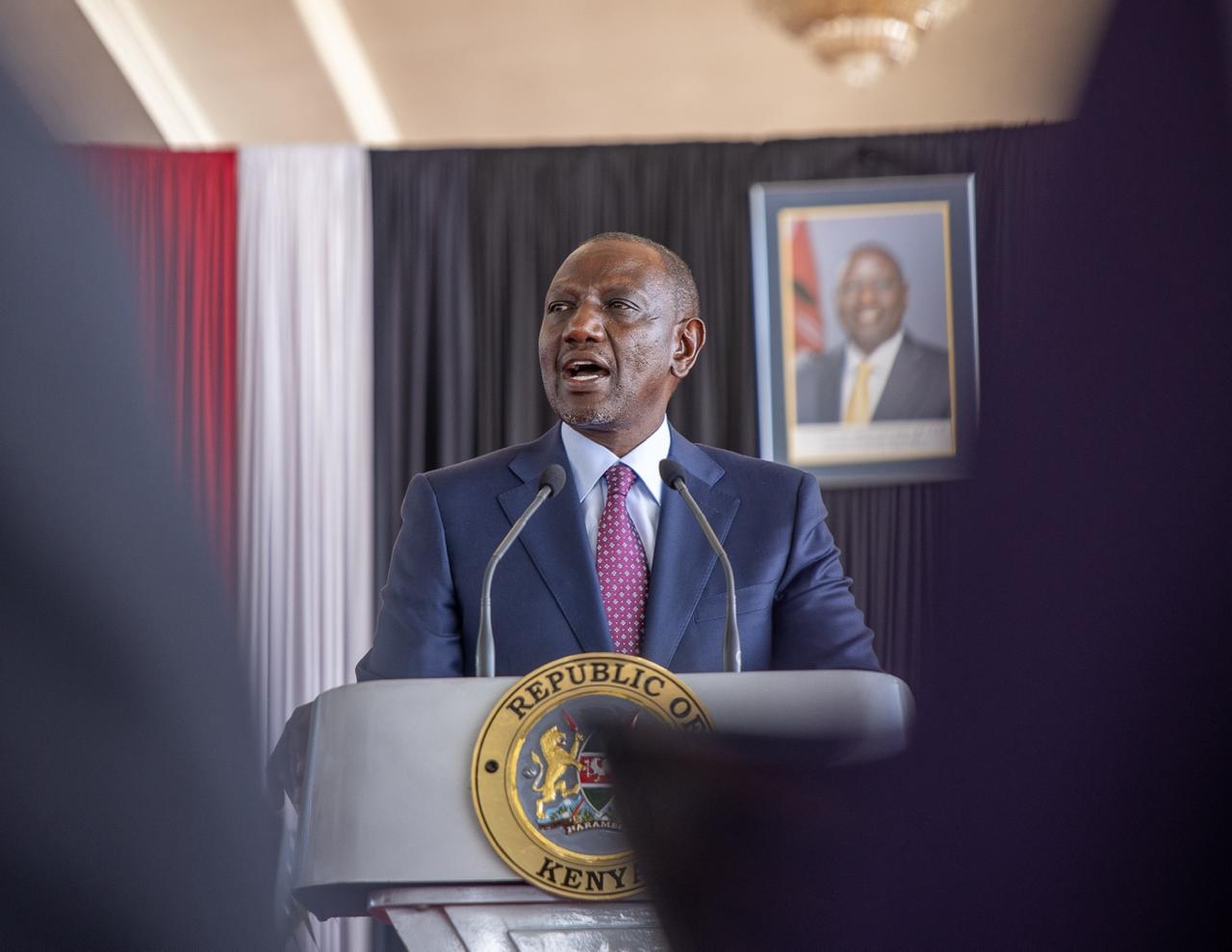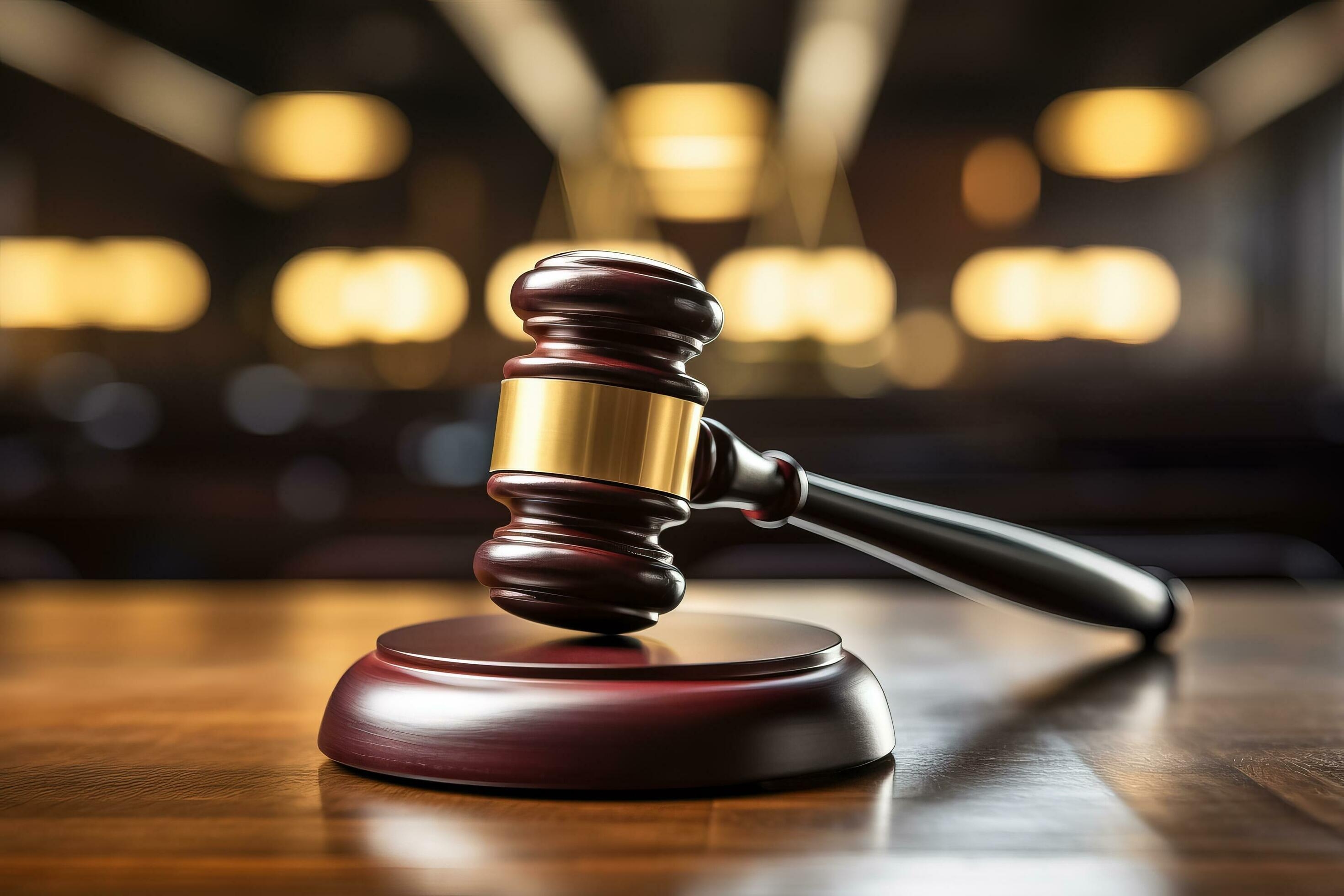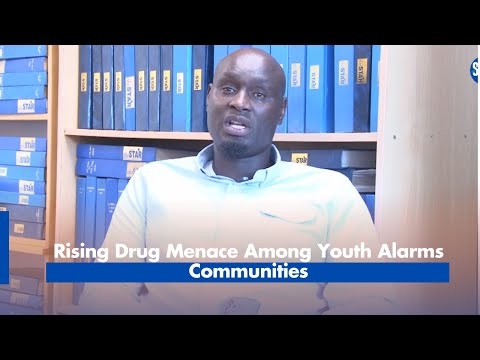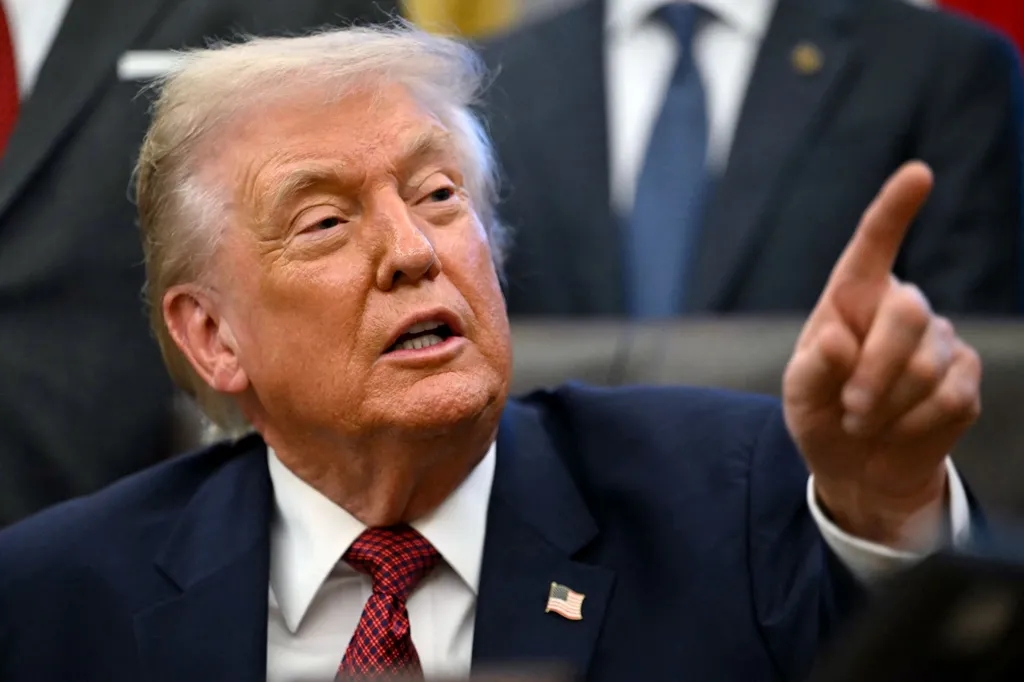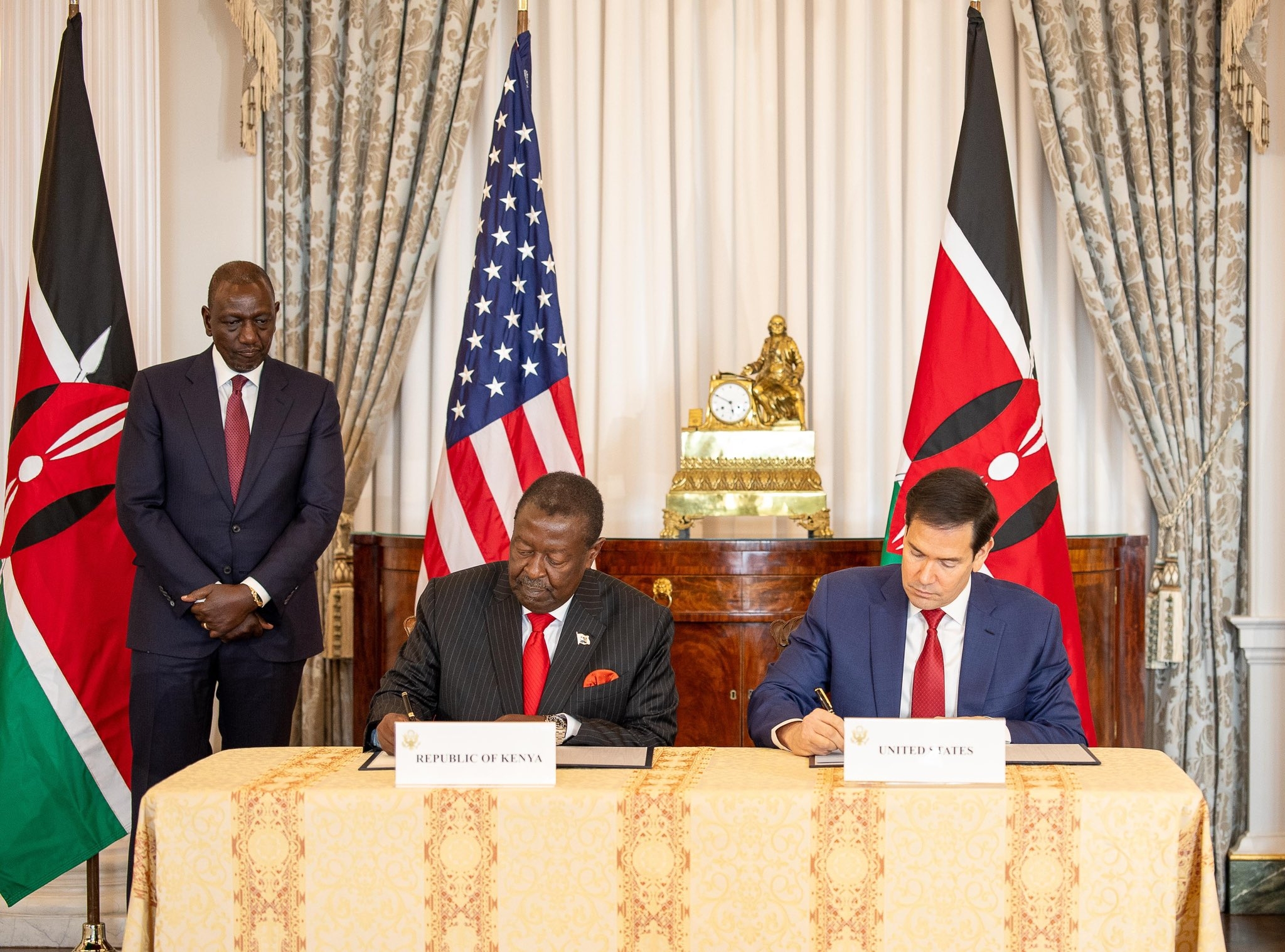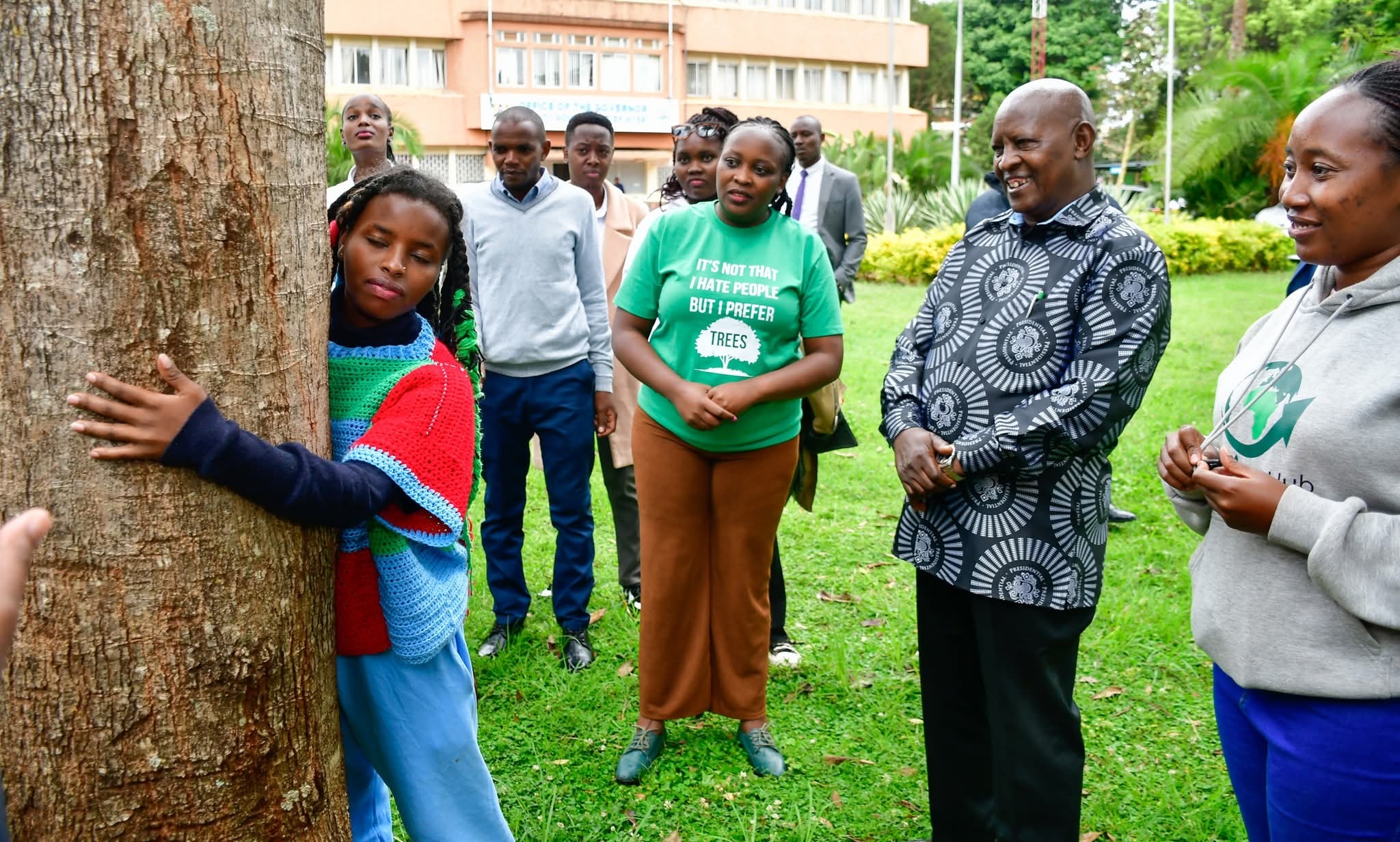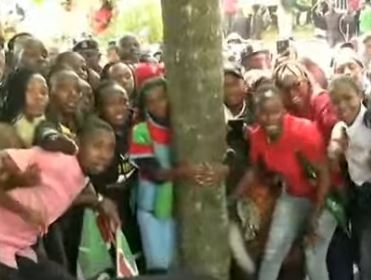
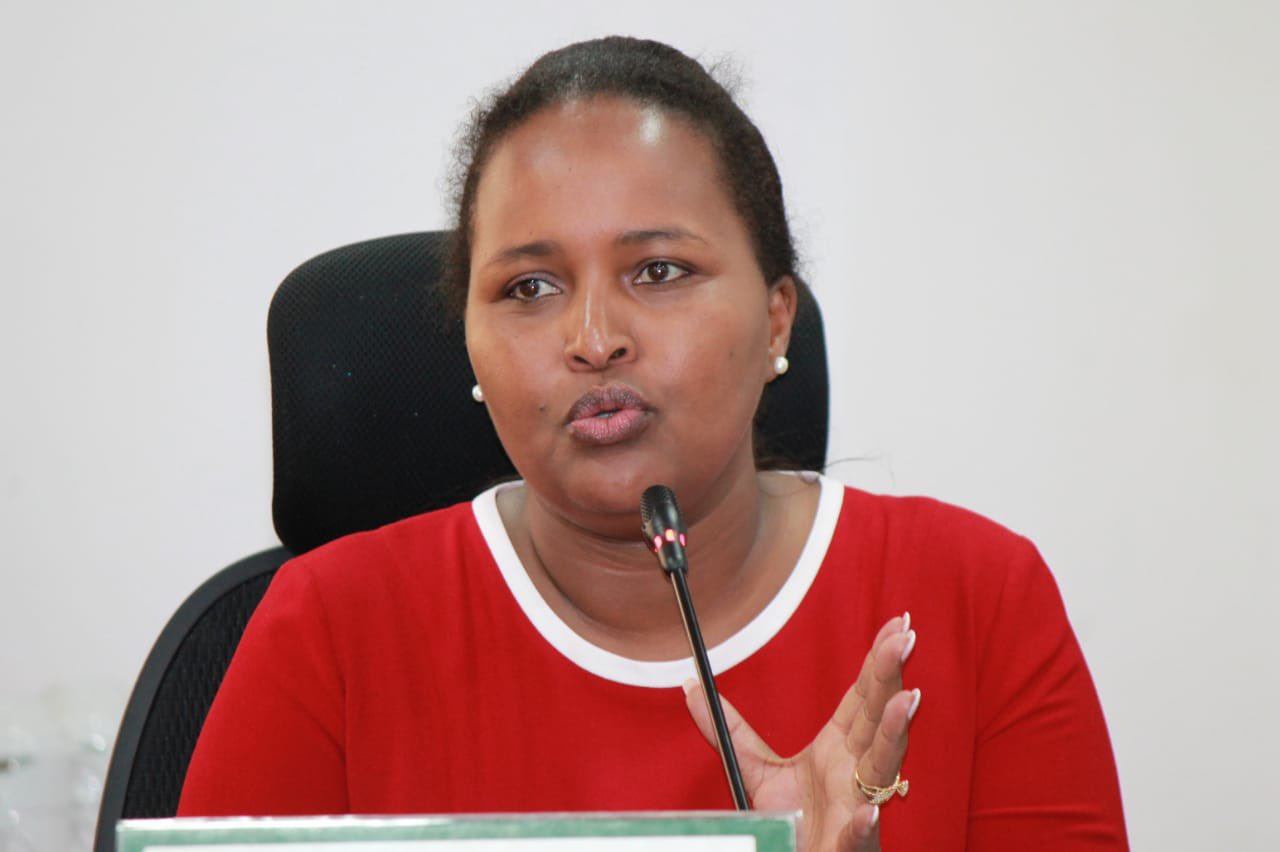 Samburu West MP Naisula Lesuuda. /NAISULA LESUUDA.X
Samburu West MP Naisula Lesuuda. /NAISULA LESUUDA.X
Samburu West MP Naisula Lesuuda has called on political leaders to exercise caution in their public statements, citing Nyeri Governor Mutahi Kahiga’s controversial remarks about the late former Prime Minister Raila Odinga as a cautionary example.
Speaking in his home village during a funeral on Tuesday, Kahiga addressed mourners in vernacular, appearing to suggest that Raila’s death would redirect resources previously allocated to his Nyanza region back to Mt Kenya.
The comments drew widespread criticism and sparked national outrage, coming months after Raila had engaged in a working relationship with President William Ruto, culminating in the formation of a broad-based government.
On Wednesday, Kahiga issued an apology, emphasising that his words had been taken out of context.
“My remarks were in no way celebratory. What I meant is that under the current broad-based government, we have seen skewed development and politically, the loss of the Rt Hon Former Prime Minister Raila Odinga sends everyone back to the drawing board. As the popular saying goes, 'God takes the best and it is in this context that I made those remarks in vernacular,” he said.
Despite the apology, Lesuuda described it as insufficient, noting that public figures must be deliberate and careful in their messaging.
“I learnt early when I started working with warring communities during The Peace Caravan that as a leader one must be very clear in their messaging, never needing a second chance to explain what one meant. This is because by the time you explain the damage has been caused, sometimes leading to lives being lost,” she said.
The Samburu West legislator stressed that in today’s fast-moving information age, technology amplifies statements instantaneously, leaving minimal room for clarifications.
She urged leaders to tailor their remarks for the wider public and avoid statements that may seem acceptable in private or community settings but can be harmful when broadcast.
“So, Governor Kahiga, an apology and withdrawing would have sufficed but not trying to explain yourself. This should be a lesson to all of us leaders so that it doesn’t matter which side of the divide you belong to; a wrong is a wrong and such should be called out at all times,” she said.
“For the record, this is not about two communities, but the damage a leader’s statement can cause.”
Following the fallout, Kahiga announced that hwe had opted to step down as the vice chairperson of the Council of Governors.
The council subsequently convened a special meeting and unanimously agreed to remove him from the position.
In a statement, the council hailed Raila as a “statesman whose contributions are embedded in the annals of our country’s history.”
Kahiga stressed that his remarks reflected his personal views and should not be associated with any community or political affiliation, nor the Council of Governors after leaders from the larger Nyanza region issued a scathing reprisal, roping in former Deputy President Rigathi Gachagua.
The Nyeri governor is no stranger to controversy. In February 2025, during a funeral service in Laikipia county, he made comments considered offensive to the Maa community.
The remarks went viral, prompting calls for accountability from public officials.
Kahiga later issued an apology, saying: “We did not intend to offend, condemn or ridicule anyone, especially the Maa people, with whom we share a rich history. The Maa people are our brothers and sisters. We have traded together, intermarried, and lived side by side for decades. I have deep respect for their culture and heritage.”
Following the apology, leaders from both sides visited Maasai elders in Narok to “mend fences” and reaffirm peaceful coexistence.
Lesuuda’s call serves as a reminder that in Kenya’s multi-ethnic and politically charged landscape, leaders’ words carry consequences that extend far beyond local settings.





